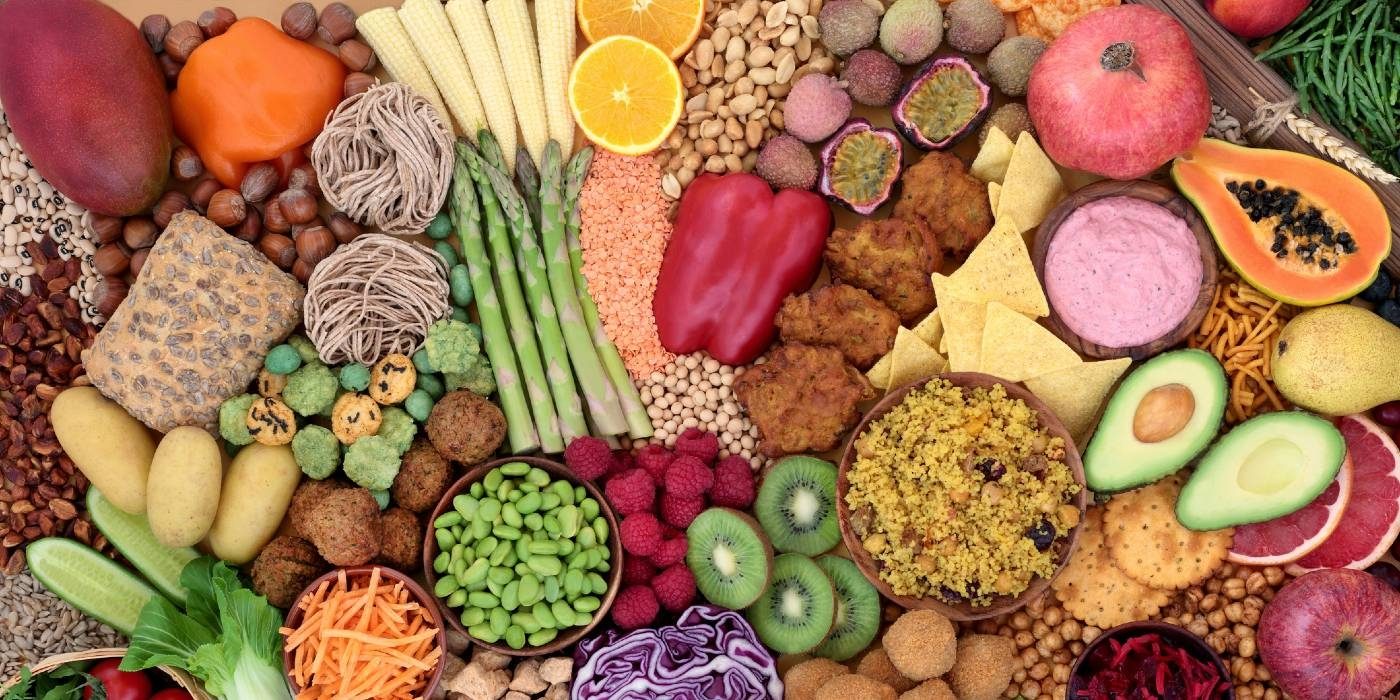
Produce Prescription: innovative ‘Food is Medicine’ intervention to improve health among people with type 2 diabetes
Background
Currently, there is a strong ‘Food is Medicine’ movement evolving, calling for healthy foods or meals to be prescribed by doctors to prevent or treat diet-sensitive conditions, like they already do with drugs. Outcomes from early studies, in which doctors prescribe healthy foods, termed ‘produce prescriptions’, have suggested comparable health benefits to prescription medications. In addition to improving health outcomes, these programs also reduce health inequity by focusing on communities experiencing food insecurity.
Unhealthy diet is one of the major drivers of type 2 diabetes that costs Australian healthcare tens of billions of dollars each year and occurring most frequently among the most disadvantaged communities. Our completed pilot study in Australia demonstrated considerable potential benefit of produce prescription for those with type 2 diabetes, and high acceptability among program participants. However, gold-standard randomised trial data are needed to define clinical benefits and cost-effectiveness to justify implementation and scaling for all Australians.
Aim
This project will test the efficacy and cost-effectiveness of produce prescription in a randomised controlled trial as a novel way of improving the clinical management of people with type 2 diabetes and food insecurity. In addition, we will partner with research end-users to understand the governance and infrastructure required to facilitate uptake of produce prescription into the healthcare system.
Method
The randomised controlled trial will enrol more than 200 individuals including from western Sydney, a culturally diverse area with high rates of social disadvantage and type 2 diabetes. Recruitment will be done by highly experienced clinician collaborators across major hospitals in NSW and General Practice networks.
Participants will be randomised in a 1:1 ratio to intervention or continued usual care (control group). Healthy food boxes will be prescribed to the intervention group once a week for 6 months. The boxes will contain fruit, vegetables, nuts and wholegrains; and will be accompanied by recipe ideas and Dietitian support for behaviour change.
The primary outcome will be change in glycated haemoglobin, a key clinical marker of blood sugar control. We will also do cost-effectiveness analyses to assess if the intervention represents value for money.
Potential Impact
Our proposed trial will be an Australian-first study that will provide high-quality evidence about an innovative intervention that could support clinical guideline updates for the nutritional management of type 2 diabetes. Through this work, we hope to create a healthcare ‘paradigm shift’ away from an over-reliance on drug-centred models of disease treatment, towards innovative solutions that address the up-stream causes of ill-health for disease prevention.





